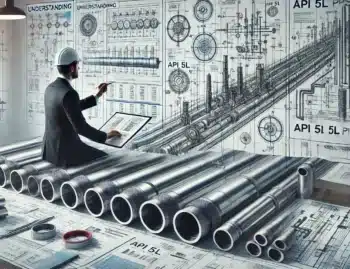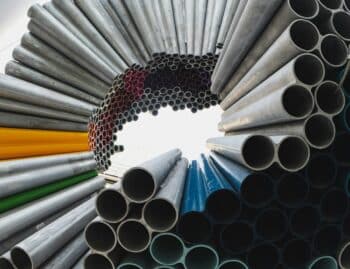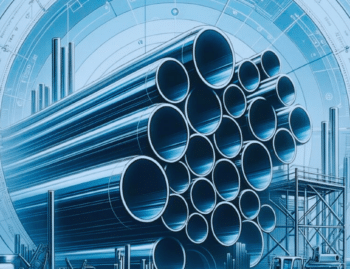A Strong Dollar Hurts Exports and Helps Imports
The dollar strengthened considerably in 2015, which also spells bad news for American steel. A strong dollar means imports are cheaper than domestically produced product. This means less demand for steel produced in the country. It also means that U.S.-based producers have to charge less to keep up with foreign companies, which pushes profit margins down. There are also worries that now that China’s so-called economic miracle has cooled off, that country will flood the world’s markets with cheap steel. This will make it even harder to compete as demand is not strong in any of the major markets around the world.
Illegal Dumping Is Taking Its Toll on Domestic Steel
Illegal dumping has long plagued the steel industry in the U.S. and this continues to be a massive problem. For years the global steel industry has seen companies make excess steel due to strong demand. Now that demand has weakened, desperate firms are looking to dump that steel so they can get some money of out if. With tons of companies in the exact same position, there are many worries that things could get uglier.
Automobile Manufacturers Are Choosing Aluminum over Steel
Another factor having a negative impact on steel demand is that the automobile industry continues to increase its use of aluminum at the expense of steel. Aluminum is lighter than steel, which helps auto companies manufacture fuel efficient vehicles. Aluminum can also easily be recycled, making cars produced this way more eco-friendly. This trend towards aluminum has been going on for awhile and there’s no sign of it slowing down any time soon.
All major trends currently point to flat sales and lower profits for the American Steel industry. The industry has lobbied government officials to help get protection against dumping. As things stand, they’re forced to compete by offering steel at higher prices than their foreign competitors.
It’s unlikely that these short-term trends will change this year. The situation in China is particularly troubling, as is the reaction of U.S. officials to deal with dumping in an effective matter. Steel consumers are benefiting from lower prices, but they’re doing so at the expense of a domestic steel industry which is under tremendous pressure. Domestic manufacturers of steel are going to have to be content to attempt to improve their internal processes in order to achieve higher profitability. Iron ore prices are also very cheap, which could help some of them earn more in the near term.











